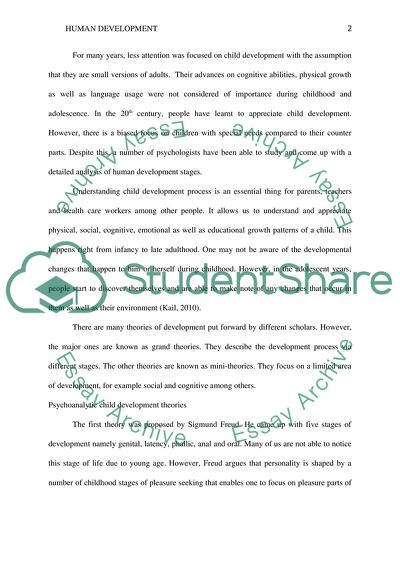Cite this document
(Human Development Coursework Example | Topics and Well Written Essays - 2000 words, n.d.)
Human Development Coursework Example | Topics and Well Written Essays - 2000 words. https://studentshare.org/psychology/1773524-human-development
Human Development Coursework Example | Topics and Well Written Essays - 2000 words. https://studentshare.org/psychology/1773524-human-development
(Human Development Coursework Example | Topics and Well Written Essays - 2000 Words)
Human Development Coursework Example | Topics and Well Written Essays - 2000 Words. https://studentshare.org/psychology/1773524-human-development.
Human Development Coursework Example | Topics and Well Written Essays - 2000 Words. https://studentshare.org/psychology/1773524-human-development.
“Human Development Coursework Example | Topics and Well Written Essays - 2000 Words”. https://studentshare.org/psychology/1773524-human-development.


